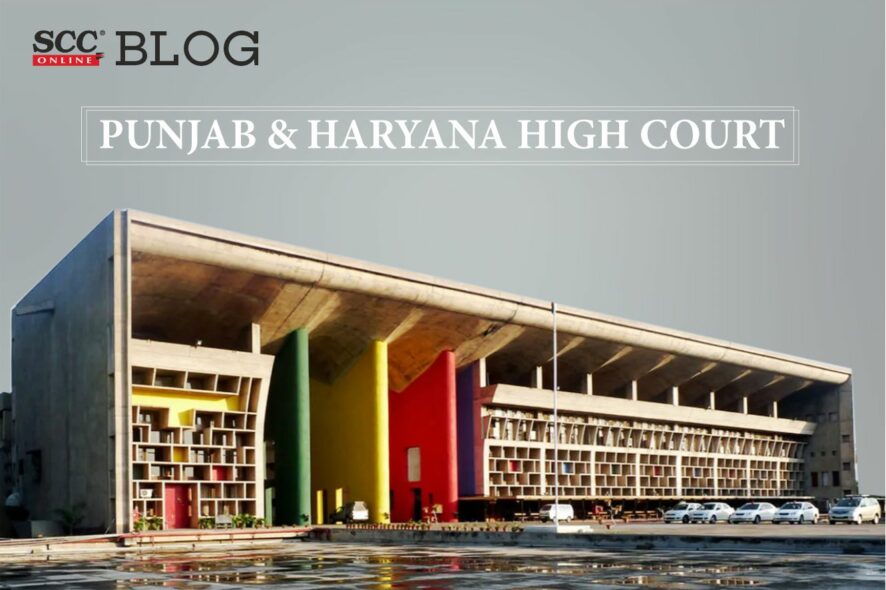Punjab and Haryana High Court: Division Bench of G.S. Sandhawalia, J., and Vikas Puri, J., allowed this criminal writ petition filed under Article 226 to grant parole to the petitioner under Punjab Good Conduct Prisoners' (Temporary Release) Act, 1962 stating that parole is part of the reformative process.
Facts:
The petitioner has been in custody since the FIR was lodged on 06-04-2018 for heinous crimes stated under Sections 302,120-B and 201 of Penal Code, 1860. The petitioner filed an application seeking parole for 6 weeks on the grounds that his parents are old and remain ill and he has to take care of his old parents. This application of the petitioner was rejected by the Additional Deputy Commissioner on the grounds that his release can be dangerous for the opposite party and may cause loss of life and property to the complainant and endanger the security of the nation. The Senior Superintendent of Police also dismissed the application on the same grounds.
Observations and Analysis:
The Court relied on the judgement of Arun Kumar v. State of U.T., Chandigarh, (2011) 2 AICLR 361 where it was held that release of convict on parole is a reformative process. It was observed that sufficient material should be available and there should be solid reasons for declining temporary release on parole. In another case, Ram Chander v. State of Punjab, (2017) 3 RCR (Cri) 340, it was held that in the absence of any material, denial of parole will be unjustified.
Keeping in view of the settled principles of law, the Court allowed the present petition and thereby releasing the petitioner on parole for a period of 6 weeks. It was also observed that the Authorities to whom the application was made neither emphasized what his crime was nor the manner in which he had committed the same to show that his release on parole endangers the security of the nation nor it talks about whether his parents are genuinely unwell. Therefore, the Court held that there was a lack of application of mind.
[Mahammad Shehbaz v. State of Punjab, CRWP No.3196 of 2022 (O&M), decided on 05-07-2022]






